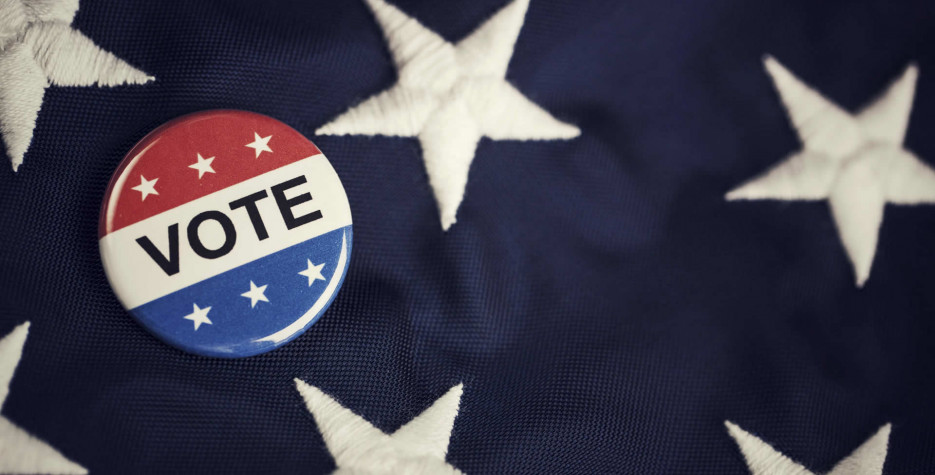When is Election Day?
Election Day is a US State Holiday observed on several states on the first Tuesday after the first Monday in November every even-numbered year.
The earliest possible date that Election Day can fall on is November 2nd, and the latest possible date is November 8th.
History of Election Day
Presidential elections are held every four years, in years divisible by four, in which electors for President and Vice President are chosen according to the method determined by each state.
Elections to the United States House of Representatives and the United States Senate are held every two years.
Other state and local government elections may also take place on this day.
Presidential elections began on this date in 1848. It is said that a Tuesday was chosen as in those days it would take many voters more than a day to travel to exercise their democratic right and that they shouldn't have to travel on a Sunday.
According to USA Today, voter turnout peaked in the 19th century, from the 1840s to the 1890s. At that time, Americans were granted a day off from work, and celebrations and public gatherings were frequently arranged. "Even children too young to vote were involved in these festivities, which got them in the practice of civic participation and instilled a sense that it was important and fun," Holly Jackson, an associate professor at the University of Massachusetts, told the paper.
Did You Know?
In the presidential election of 1876, the winner wasn't known until two days before the inauguration. Both Samuel Tilden and Rutherford B. Hayes declared victory; Tilden had 19 more electoral votes, but another 20 were contested. Congress established a bipartisan commission to decide those 20. Their 8–7 vote along party lines awarded all 20 votes—and the presidency—to Hayes.
To encourage voter turnout, Election Day is a civic holiday in several states, while some other states require that workers be allowed to take time off with pay. California Elections Code Section 14000 provides that employees otherwise unable to vote must be allowed two hours off with pay, at the beginning or end of a shift.
Did You Know?
George Washington won a seat in the Virginia House of Burgesses in 1758 after spending his entire campaign budget on drinks for his supporters. Buying votes with booze was standard practice until 1811 when Maryland passed the first campaign finance reform law prohibiting the purchase of alcohol for voters.
In recent years, frustration with low voter turnout has led to a push to designate Election Day as a national holiday. A number of bills to this effect have been introduced in recent years, though to date none have made it through the legislative process.
In November 2014, after a voter turnout of less than 40%, Senator Bernie Sanders (I-Vt.) introduced legislation to create the holiday called Democracy Day, though it didn't result in any change during the 113th Congress.
Some have noted that Veterans Day is a federal holiday close to Election Day and have suggested merging the two.


